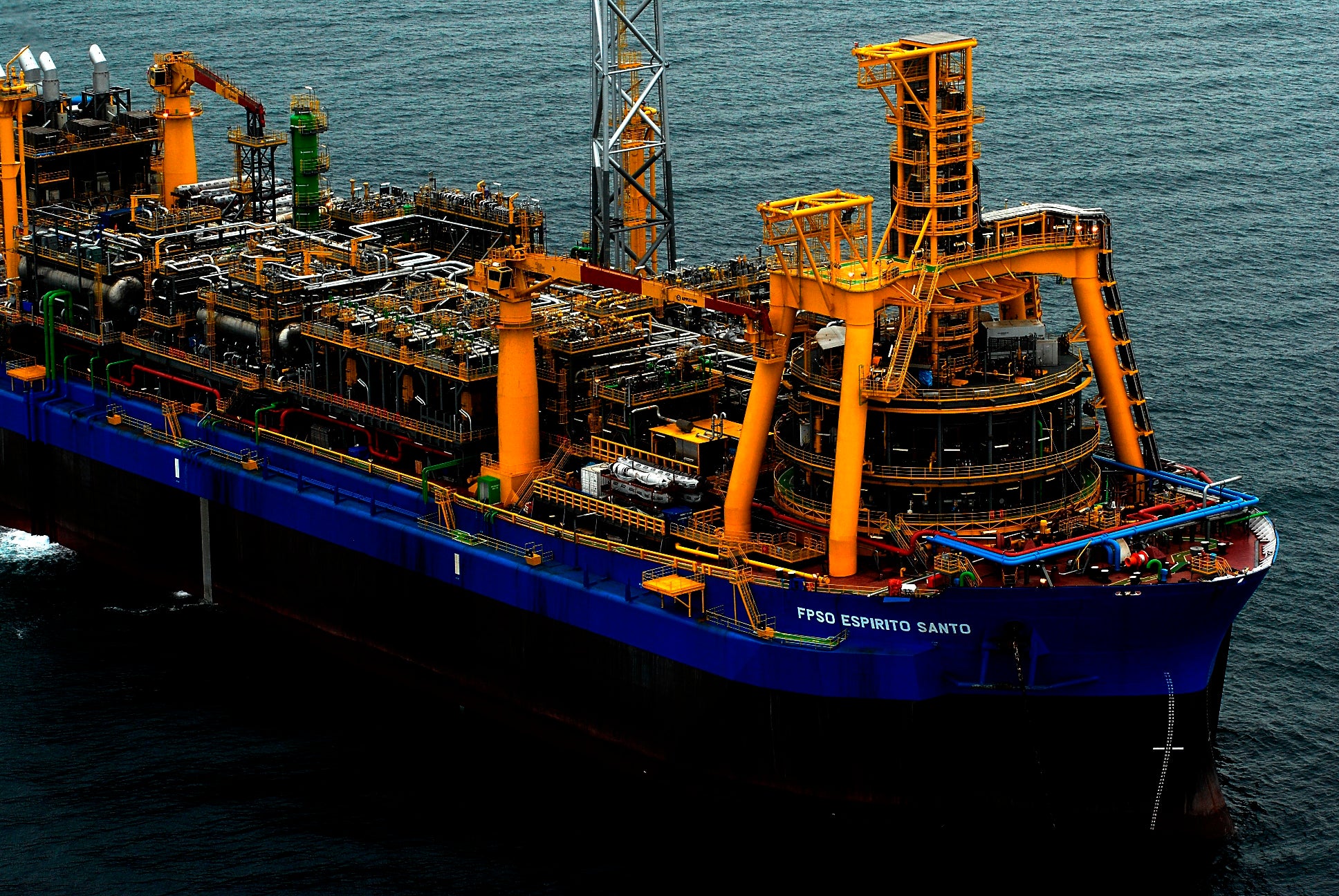
FPSOs, or floating production, storage and offloading vessels, are in increasing demand in the oil and gas industry. As depleting onshore resources push companies and countries to deeper water, the market is expected to exceed $30bn by 2025, creating new demands for efficiency and greater concern over environmental impact.
To help the FPSO industry improve its operations and environmental standards going forwards, Shell has teamed up with ABS, SBM Offshore and Federal University of Rio de Janeiro to develop a new real-time monitoring technology.

Discover B2B Marketing That Performs
Combine business intelligence and editorial excellence to reach engaged professionals across 36 leading media platforms.
“Through this project, we expect to define preventive measures and actions to mitigate the degradation of FPSO hull and mooring, which may lead to significant savings in the CAPEX and OPEX investment required for the asset life extension,” says José Ferrari, principal topsides research engineer at Shell Brasil. “In addition, structural integrity will be monitored continuously through FPSO lifecycle, improving safety on offshore facilities.”
The technology will take advantage of a different methodology to previous FPSO operation systems, as well as developments in real-time monitoring.
A new approach to an old problem
The project began in September 2018 and will continue for two years, costing an estimated $1.5m. The team is using different parameters to determine FPSO integrity assessments to improve the number of years a vessel can safely operate.
Shell says the project will take a new approach to the lifespan of FPSOs, which is currently decided at the design stage.

US Tariffs are shifting - will you react or anticipate?
Don’t let policy changes catch you off guard. Stay proactive with real-time data and expert analysis.
By GlobalData“The structural and mooring integrity of FPSOs will be modelled and studied as a function of environmental loads and operational loading conditions,” explains Ferrari. “Any correlations between corrosion rates/crack initiation and growth, and loading conditions will be determined from a quasi-steady – cargo loading/unloading – and dynamic standpoint, such as waves.
“Likewise, low-cycle and high-cycle fatigue loads will be considered for fatigue damage assessment. Hull girder strength and fatigue damage will be assessed continuously and minimised by means of optimisation algorithms for hull girder stresses. These algorithms will be incorporated into the methodology to slow/delay FPSO ageing.”
The team is confident that collaborations like this will be vital to successful technology developments. Should this system prove successful, they are hoping to extend it to topsides structure and piping.
But a number of challenges must still be overcome if the technology is able to fulfil its potential
“Gather operational and environmental data in real-time, perform data analytics on datasets, and ensure that recommended operational practices are being followed by the FPSO operations team in a timely fashion, are challenges to be overcome,” says Ferrari. “Changing the mindset on the way FPSOs are operated may be necessary.”
With the industry keen to improve the lifecycles and efficiencies of vessels at a time when lower oil prices are forcing a rethink of many aspects of its operations, technologies such as this will undoubtedly be welcome.





